Fillmore, CA – This week, state regulators announced that an oil company is seeking an exemption from the federal Safe Drinking Water Act to allow dumping of toxic wastewater into an underground aquifer beneath the Los Padres National Forest. Public comments will be accepted through November 8.
The Texas-based company – Seneca Resources – applied for the exemption last year following a statewide investigation by the U.S. Environmental Protection Agency. The audit found that Seneca and several other oil companies throughout the state were discharging pollutants into protected water supplies.
If granted, the exemption would apply to an 8-square-mile area in the Sespe Oil Field just upstream from the town of Fillmore and only one mile from the Fillmore Groundwater Basin. Farmers and residents in this small town rely on the basin as a source of clean water for drinking and irrigation. The aquifer is also adjacent to the Sespe Wilderness Area, and the Sespe Condor Sanctuary.
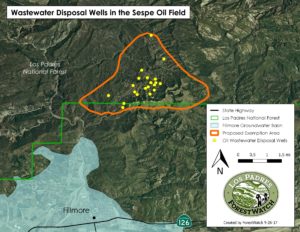
The 25 oil wastewater wells in the Sespe Oil Field and the proposed area of exemption from Safe Drinking Water Act regulations.
The exemption would allow Seneca to continue using 13 active wastewater disposal wells in the Sespe Oil Field, and to possibly reactivate another 12 wastewater injection wells that are currently idle. Together, these 25 active and idle wastewater disposal wells have injected nearly 872 million gallons of produced water and fracking waste into the underlying aquifer, according to the exemption application submitted by Seneca.
“This exemption will make it easier for the oil industry to drill and frack inside the Los Padres National Forest,” said ForestWatch public lands advocate Rebecca August. “It will place water quality, outdoor recreation, and wildlife at great risk. The oil company should play by the same rules as the rest of us and not be given special exemptions to inject toxic chemicals into underground aquifers.”
The company is also seeking a separate approval from federal agencies to drill and frack eight new oil wells along a tributary to Sespe Creek. If the wastewater exemption is granted, Seneca would be able to inject millions of gallons of wastewater generated from these new wells – and from the associated fracking operations – directly into the aquifer.
The wastewater from oil and gas contains naturally-occurring brine (salt water) and petroleum hydrocarbons along with various chemicals added through the drilling process including biocides, anti-corrosives, clarifiers, heavy metals, and radioactive tracers. Various fracking chemicals can also be reinjected into the aquifer, many of which are carcinogenic or have known human health risks.
In its exemption application, Seneca claims that the aquifer does not currently serve as a source of drinking water, and can never serve as a source of drinking water because it is already contaminated by petroleum. The company also asserts that the toxic wastewater that has been injected into the aquifer will remain in the general area and will probably not migrate and contaminate other local precious drinking water supplies and reserves.
Other Exemptions
Last year, state regulators denied Seneca’s request to waive groundwater monitoring requirements before, during, and after conducting fracking operations. The monitoring – required by new statewide fracking regulations – would detect whether any toxic chemicals in fracking fluid are polluting underground water supplies.
Seneca – and the oil industry as a whole – has been exempted from nearly every federal environmental protection law on the books, including provisions of the Clean Air Act, Clean Water Act, Safe Drinking Water Act, National Environmental Policy Act, Resource Conservation and Recovery Act, Emergency Planning and Community Right-to-Know Act, and the Comprehensive Environmental Response, Compensation, and Liability Act (commonly known as Superfund).
“Oil companies enjoy more exemptions from federal laws than any other industry, and now they are asking for even more leeway right here in our own backyard,” said ForestWatch executive director Jeff Kuyper. “Enough is enough. Seneca needs to comply with basic laws on the books to protect our precious clean water supplies.”
Background: Aquifer Exemptions
The federal Safe Drinking Water Act protects underground sources of drinking water from pollution. However, an aquifer may be exempted from this requirement if it meets specific criteria. Any exemption must be approved by California Division of Oil, Gas, and Geothermal Resources (DOGGR), the State Water Resources Control Board, and the U.S. Environmental Protection Agency.
A 2011 audit by the EPA found DOGGR in violation of the Safe Drinking Water Act for illegally permitting oil wastewater injection in 2,400 federally-protected aquifers throughout California. The EPA allowed DOGGR until February 2017 to bring all illegal injection activities into compliance with the law, a deadline that DOGGR has failed to meet. In the meantime, Seneca Resources continues to illegally inject wastewater into the protected aquifer.
“Aquifers beneath our public lands should be granted the strongest protections possible, not given exemptions,” said August. “Our national forests are intended to protect public resources such as water, not to serve as dumping grounds for the oil industry.”
Public Comment & Hearing
State regulators are accepting public comments on Seneca’s exemption request until 5:00pm on November 8, 2017. To join Los Padres ForestWach and other community groups in opposition to the dumping of oil waste into aquifers beneath the Los Padres National Forest and just upstream from farms and residences in Fillmore, comments can be emailed to comments@conservation.ca.gov, or mailed to:
Department of Conservation
ATTN: Aquifer Exemption
801 K Street, MS 24-02
Sacramento, CA 95814
In addition, comments will also be accepted at a public hearing on October 24 at 5:00pm, Museum of Ventura County, 100 East Main Street, Ventura. The public notice, Seneca’s application, and supporting materials can be found on the DOGGR website.
State regulators will review public comments and determine whether Seneca Resources’ exemption request merits forwarding to the U.S. EPA.
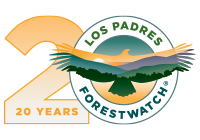
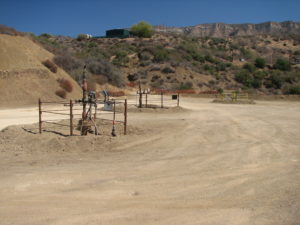
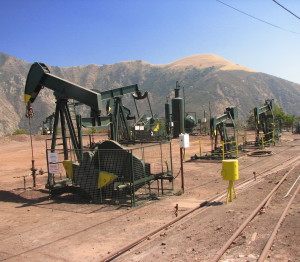
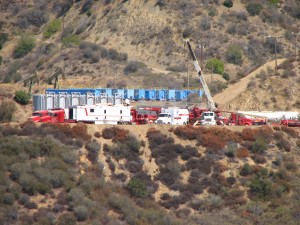



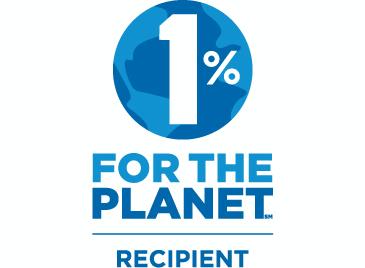

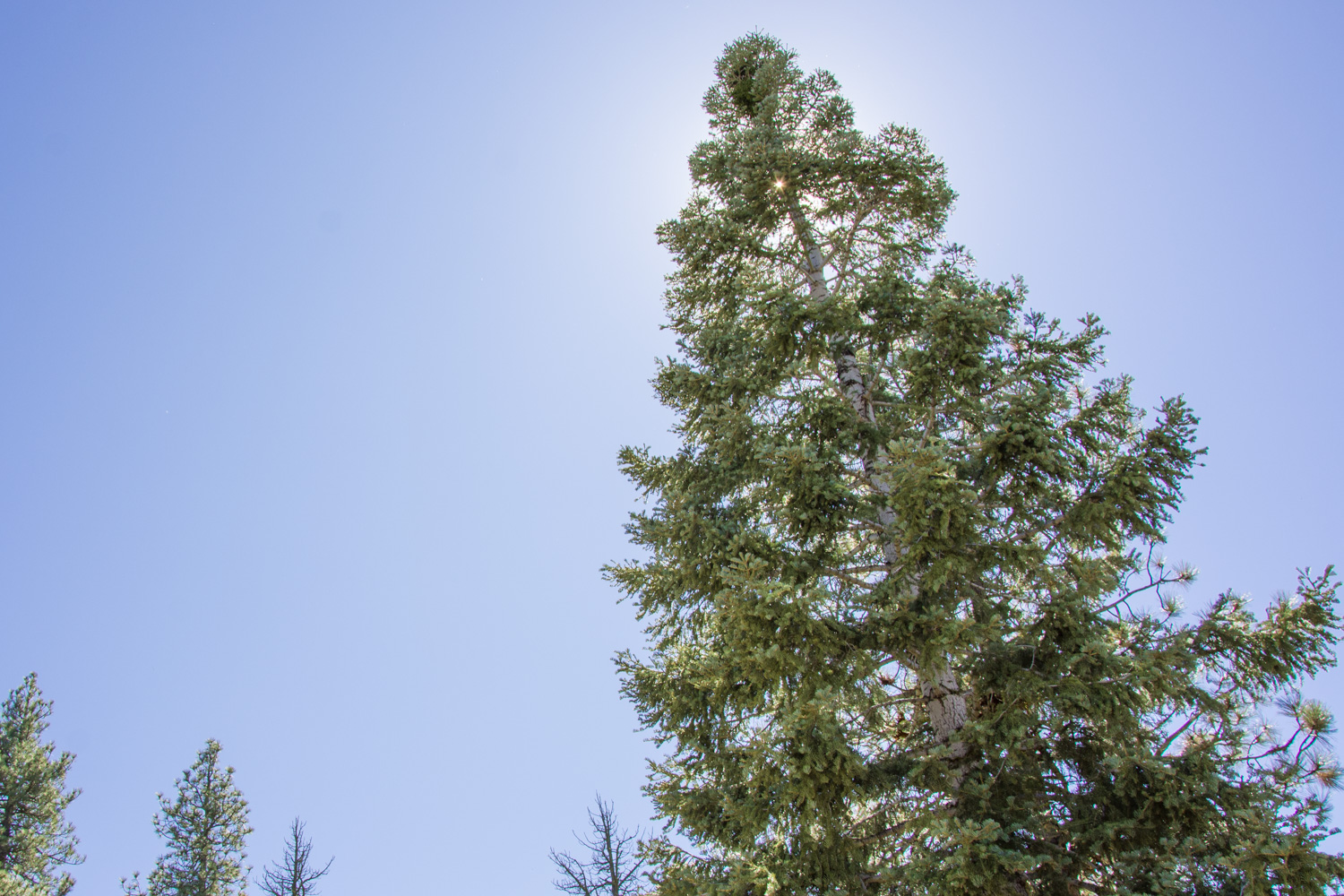
Comments are closed.